|
Like aliens, there is no definitive answer regarding the afterlife. While it is certain we will all dies, what happens after is pretty much speculation and hearsay until. This scientific approach allows us to see we're most likely not alone this universe and since this is the case, believing in ghost is both logical and illogical. However death is mankind's greatest battle. Death is a thought that plaques humanity. When will I die? How will I die? What happens afterwards? Is there a heaven or hell? What does this mean?
A a child I was fascinated with aliens and ghosts, which stems from either seeing one, engaging in an out of body experience, or simply having my wisdom teeth removed. My fetish for ghosts were fueled by growing up in Richmond Virginia, being haunted by history, and having the Civil War flows my veins. Some close family friends lived in a historic house composed of a former tobacco plantation and several colonial revival renovations. Their home functioned both as a battlefield and hospital during the civil war. So as a kid I was accustomed to them speaking candidly about Charlie the wounded Civil War soldier hanging out in their house. The couple recalled seeing Charlie at the foot of their bed on their wedding night, while their children and later grandchildren were desensitized to his presence. Now I never saw him, but maybe its because I wanted it so badly. It seems like everyone has a ghost story. There is something so exhilarating about the being scared, maybe because it ignites some innate human emotion stifled and suppressed by comfortable lifestyles. I'm sure those fighting Ebola and involved in the Syrian War aren't up for good horror flick, but I could be wrong. The feeling of fear is fun, but there is also the the desire to explain the un-explainable and a longing to communicate with the dearly departed. In 1890 Elijah Bond invented the Ouija board originally named was the Nirvana Talking Board but later took the combination of Oui (yes in French) and Ja (yes in German). The Ouija board was originally conceived as a parlor game but after several years people around the globe have created a dialogue with the dead, or better yet their subconscious. Sure, it always seems like someone is pushing the planchette (heart shaped pointer device) but deep down some part of you wants to believe. Since the dawning of mankind, we've tried to communicate with the dead through seances and elaborate funerary processes. The Ouija board is the first known device to facilitate communication with the dead. Some say it's harmless while others say it's the hand of the devil. Josh Tucker said the Ouija board instructed him to murder, while Stephen Young's case was retried because his jury was caught surfing the Ouija board. The Ouija board has been featured in a few horror films to TV shows such as the Exorcist, American Horror, to Paranormal Activity. Lucky for us, Ouija is the star of it's first full length motion picture. Critics hate it, but viewers love it. After watching the trailer it could be a crap-shoot. It's clever in that it has a backstory but it follows suit with the blood, guts, and gore of Human Centipede or Saw IV. Just because it's disturbingly gross doesn't make it scary, i.e. the Ouija girl who has her lips sewn shut with dental floss by a ghost. Maybe the mind is our best and worst enemy, meaning maybe using the Ouija board is better entertainment than the movie; certainly cheaper. So go out their live your lives, communicate with the dead, tap into your inner psyche, or imagination.
1 Comment
|
LAJ
100 Objects of Popular and Material Culture is an blog exploring the manifestations of human consumption and commodity-ization. The purpose of this experiment is to explore material and popular culture in contemporary society by using objects and concepts to prompt wider questions and reflections. So by emulating The British Museum's and Neil MacGregor's format of A History of the World in 100 Objects I plan to satirically analyze and reinterpreted 100 material culture objects over the course of 2014. Material Culture is the study of our culture's consumption of stuff; namely the manifestation of culture through material productions where people's perceptions of objects is socially and culturally dependent. With this, objects reflect conscious and unconscious beliefs on the the individuals who fabricated, purchased, or used them, and by extension the society where they live. So examining materiality, cultural truths and societal assumptions may be discovered. As anthropologist Arjun Appaduai states "in any society the individual is often caught between the cultural structure of commodity-ization and his own personal attempts to bring a value and order to the universe of things." Objects and commodities make up a much larger symbolic system consisting of want and need, socio-economic status, fashion, etc. Often times form follows function whether the commodity, market, and or consumer forever evolve around one-another. Philosopher Pierre Bourdieu's theories of capital flow full circle; where regardless if you are a minimalist or a hoarder the world is made up of things and everyone will leave their footprint on the earth. So by humorously analyzing marketed objects and concepts, hopefully this blog will provide further incite into ideas of over-consumption, a disposable society, consumerism vs. anti-consumers, planned obsolescence vs. sustainability, as well as the greater good of mankind and future generations. Archives
March 2015
Categories |
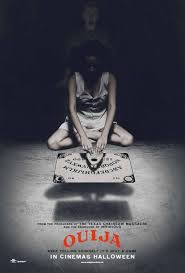

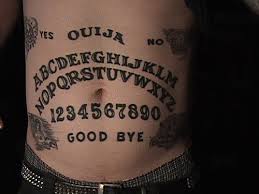
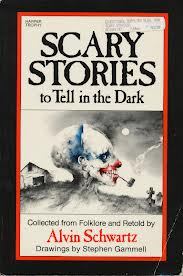
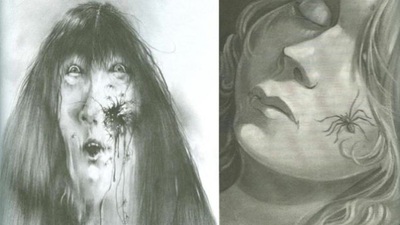

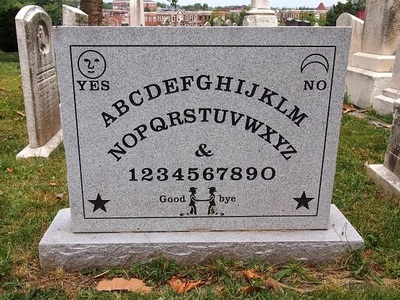
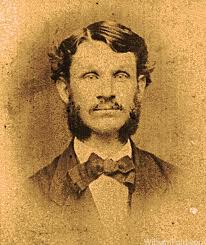
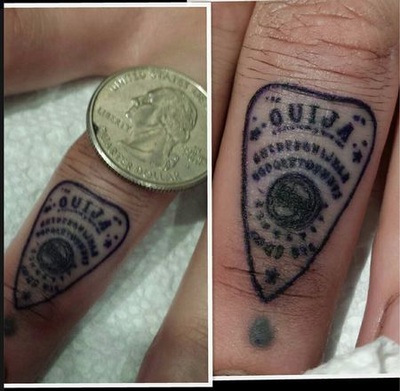
 RSS Feed
RSS Feed